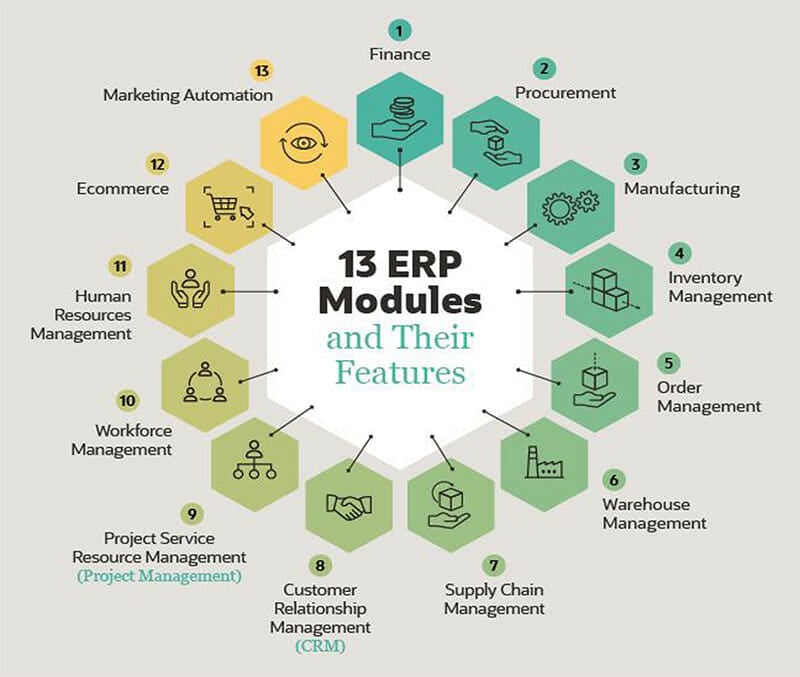types of erp software available in market Erp definition netsuite
What is an Enterprise Resource Planning (ERP) System?
An Enterprise Resource Planning (ERP) system is a powerful tool that helps businesses manage their operations more efficiently and effectively. It integrates various core business processes such as finance, human resources, inventory, and supply chain management into a single, cohesive system. With the help of an ERP system, companies can streamline their operations, improve productivity, and make data-driven decisions.
Understanding the Benefits of ERP
Implementing an ERP system can bring several benefits to a business. One of the key advantages is improved efficiency. By centralizing and automating multiple processes, an ERP system eliminates redundancy and manual errors. This leads to reduced costs and increased productivity, allowing employees to focus on more strategic tasks.
Another benefit of ERP is better visibility and data analysis. The system collects data from various departments and presents it in a unified format, enabling businesses to gain valuable insights. With this information, companies can make informed decisions, identify trends, and predict future demands, giving them a competitive edge in the market.
Types of ERP Systems

ERP systems come in different types, catering to the specific needs of different industries and businesses. Some of the common types include:
- Manufacturing ERP: Designed for manufacturing companies, this type of ERP system focuses on managing production processes, inventory, and supply chain management.
- Financial ERP: Aimed at financial institutions, this system helps in managing financial operations such as accounting, budgeting, and forecasting.
- Human Resources ERP: This type of ERP system assists HR departments in managing employee records, payroll, performance evaluations, and other HR functions.
- Retail ERP: Tailored for the retail industry, this ERP system helps in managing inventory, sales, customer relationships, and point-of-sale operations.
Regardless of the type, an ERP system is designed to streamline operations, optimize resources, and improve overall organizational performance.
Best ERP Tools
Here are some popular ERP tools available in the market:
- SAP: SAP is a leading ERP solution provider known for its comprehensive range of modules and industry-specific functionalities.
- Oracle NetSuite: NetSuite offers cloud-based ERP solutions that help businesses manage financials, supply chain, and customer relationships.
- Microsoft Dynamics 365: Microsoft's ERP solution provides organizations with a customizable and scalable platform for managing various business functions.
- Infor: Infor offers ERP systems designed specifically for industries such as manufacturing, distribution, healthcare, and hospitality.
These are just a few examples of the many ERP tools available in the market. Businesses need to carefully evaluate their requirements and choose a solution that best fits their needs.
Bringing it All Together
In conclusion, an Enterprise Resource Planning (ERP) system is a powerful tool that businesses can leverage to streamline their operations, improve efficiency, and gain valuable insights. With the integration of various core business processes into a single system, companies can make data-driven decisions, reduce costs, and enhance productivity. Different types of ERP systems cater to specific industry needs, and a wide range of tools are available in the market to choose from. Implementing an ERP system can transform the way businesses operate and set them on a path towards growth and success.